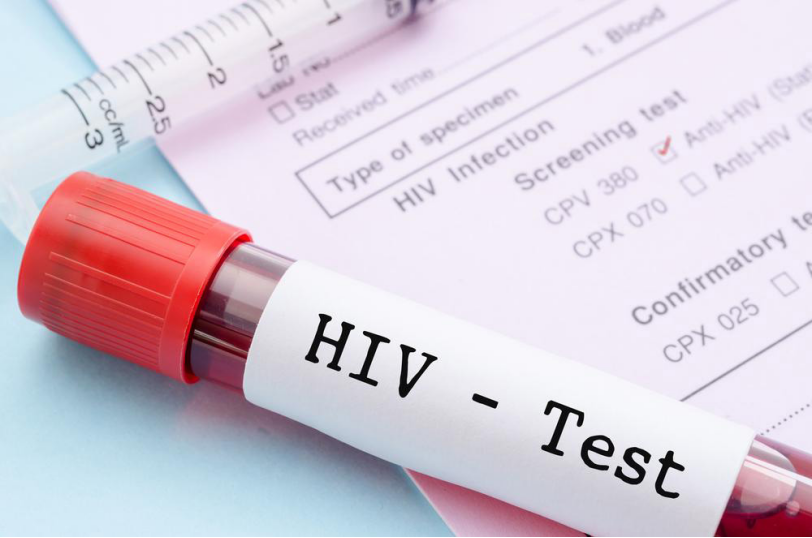What are the early signs and symptoms of HIV infection?
HIV stands for human immunodeficiency virus. HIV infection can lead to AIDS (Acquired Immune Deficiency Syndrome). HIV is spread through sex, but you can also become infected if HIV-infected blood gets into your body. Women with HIV can also pass the infection to their children during pregnancy or breastfeeding. HIV infection goes through different stages, with AIDS being the final stage. Not everyone who gets HIV will develop AIDS.
HIV stands for human immunodeficiency virus. HIV infection can lead to AIDS (Acquired Immune Deficiency Syndrome). HIV is spread through sex, but you can also become infected if HIV-infected blood gets into your body. Women with HIV can also pass the infection to their children during pregnancy or breastfeeding. HIV infection goes through different stages, with AIDS being the final stage. Not everyone who gets HIV will develop AIDS.

HIV infection lasts a lifetime. The body cannot completely eliminate HIV. But if you look out for early HIV-positive symptoms, you can start treatment in time to control the spread of the infection.
Early symptoms of HIV
HIV signs and symptoms vary depending on the stage of infection. People with HIV may not experience all the symptoms of infection. Most people with HIV develop flu-like symptoms a few weeks after contracting the virus, and some may not feel sick at all. Other common symptoms are listed below.
Fever
Muscle pain
Joint pain
Headache
Sore throat
Swelling lymph nodes
Rash
Night sweats
Fatigue
Mouth ulcers
Actions to take if HIV warning signs appear:
The early symptoms of HIV infection are similar to other viral infections.
So it's easy to mistake these symptoms for another infection. However, if you suspect you have HIV, you should definitely see a doctor and get tested right away.
The early symptoms of HIV infection can be very mild and you may not even feel sick. In the early stages of infection, most of the virus is present in your body, making you more likely to infect others. So if you have even the slightest suspicion that you may have HIV (if you recently had unprotected sex with someone, or if an injured person's blood entered your body), testing may help control the infection.
Some people don't have early symptoms of HIV infection. Some people with HIV may not have any symptoms for years. So if you suspect you've been exposed to the virus, you should get tested. Only an HIV test can confirm if an infection is present, because the early signs and symptoms of HIV are the same as any other viral infection.
Treatment
Treatment options for HIV infection vary from person to person. HIV cannot be cured, but with daily medicines, treatments, and regular testing, it is possible to manage the disease.
There are many different types of HIV medicines. Each medicine works in a different way against HIV infection.
Doctors often recommend 23 different classes of medicines to prevent the virus from becoming resistant to treatment.
Each person may respond differently to treatment. Therefore, your doctor will consider your medical history before prescribing medication.